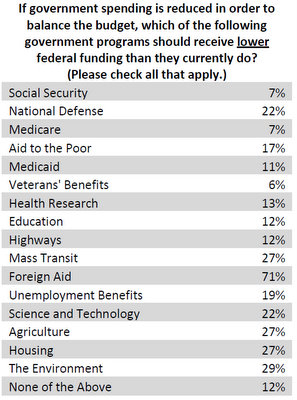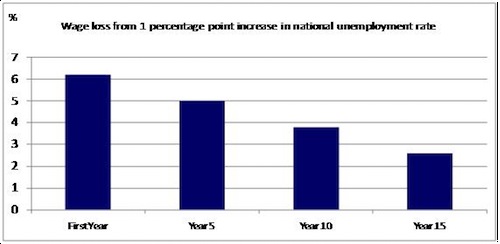Data from The Institute for College Access and Success shows that the number of students who graduate with at least $40,000 in student loans increased nine-fold between 1996 and 2008.
Sally Raskoff at Everyday Sociologyoffers some explanations for the data: (1) College has been getting more expensive; among other reasons, states cut education budgets. (2) For-profit colleges have also become a larger proportion of all colleges and students in these colleges are more likely to take out loans. (3) Given a bad economy, students are less likely to have jobs while in school. Other explanations? Stories?
Lisa Wade, PhD is an Associate Professor at Tulane University. She is the author of American Hookup, a book about college sexual culture; a textbook about gender; and a forthcoming introductory text: Terrible Magnificent Sociology. You can follow her on Twitter and Instagram.









